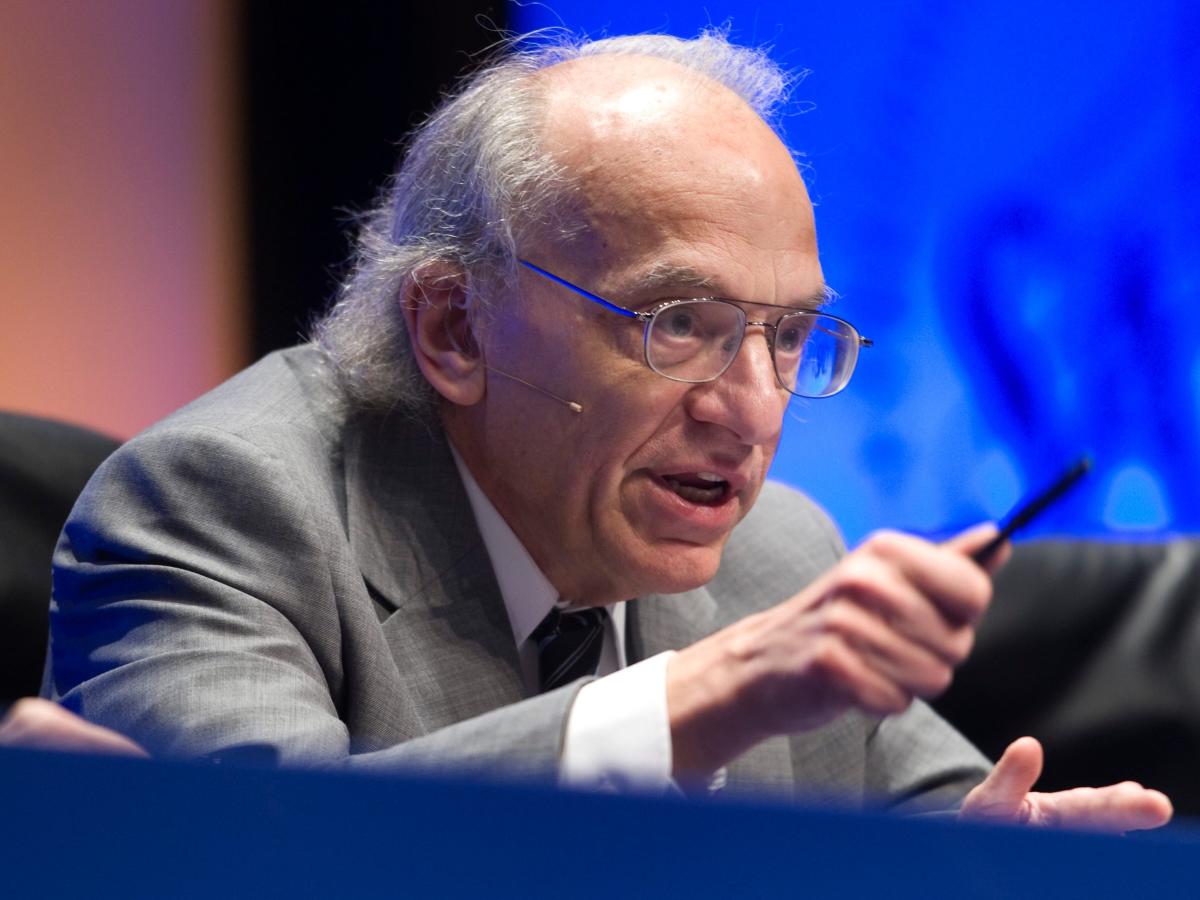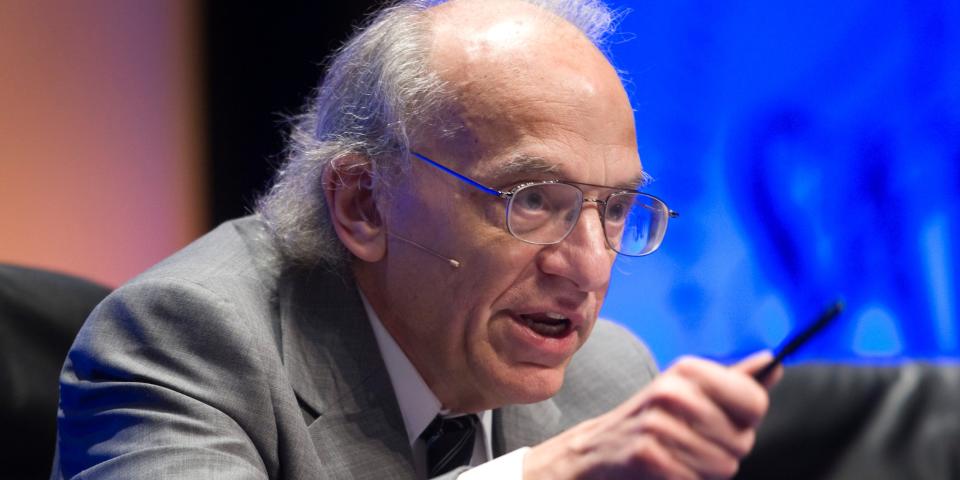

-
The stock market rally could be jeopardized if the Fed doesn’t cut rates soon, Jeremy Siegel warned.
-
The Wharton professor argued that the central bank should cut rates in September as data softens.
-
The United States faces a higher risk of recession without cuts, he said, with GDP and job growth slowing.
The stock market rally and the strength of the economy are at risk if the Fed doesn’t start cutting interest rates soon, according to Wharton professor Jeremy Siegel.
The prominent economist, who has been advocating for months for the Federal Reserve to ease monetary policy, pointed to more evidence of a weakening economy in an interview with CNBC on Thursday.
GDP has slowed from its rapid pace of expansion in 2023, with the Atlanta Federal Reserve estimating 1.5% growth in the second quarter. The labor market, while resilient, is also beginning to falter, with unemployment rising to 4.1% last month.
Siegel noted that the increased job losses have brought the economy closer to triggering a highly accurate recession indicator known as the Sahm Rule. The gauge signals the start of a recession when the three-month moving average of the unemployment rate rises 0.5 percentage point above its cyclical low. The gauge rose as high as 0.43 last month, according to Federal Reserve data.
That, combined with other recession warnings, is creating a more compelling argument that the Fed should cut interest rates, Siegel said, pointing to the inverted Treasury yield curve and slowing money supply, two additional warnings that a recession is on the horizon.
“We’re in a slowing economy,” Siegel said. “I think it’s really time for Chairman Powell to prepare at the July meeting for a cut in September, and maybe another in November. I think inflation is definitely under control, and I don’t want to see this economic slowdown turn into something worse.”
Analysts are still divided on whether the U.S. could enter a recession over the next year, though higher rates for longer increase the risk of that happening. The New York Federal Reserve currently estimates there is a 56% chance the economy will enter a recession by next June, according to the central bank’s latest estimates.
Siegel warned that failure to cut rates in September could put a recession on the cards, as well as jeopardize the trajectory of stocks. Investors have been ambitiously eyeing rate cuts all year, and markets now expect at least 1-2 cuts by year-end, according to CME’s FedWatch tool.
“While I think stocks are still in an uptrend and growth stocks are certainly still outperforming value stocks, I think Powell should take note,” Siegel said.
Federal Reserve officials are set to meet in late July, but investors are eyeing key economic data releases in the coming week that could determine the path of rate cuts later this year.
All eyes will be on Thursday’s consumer price index, which will give central bankers a better idea of whether high rates are still needed to control inflation.
Read the original article on Business Insider
